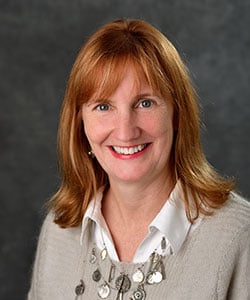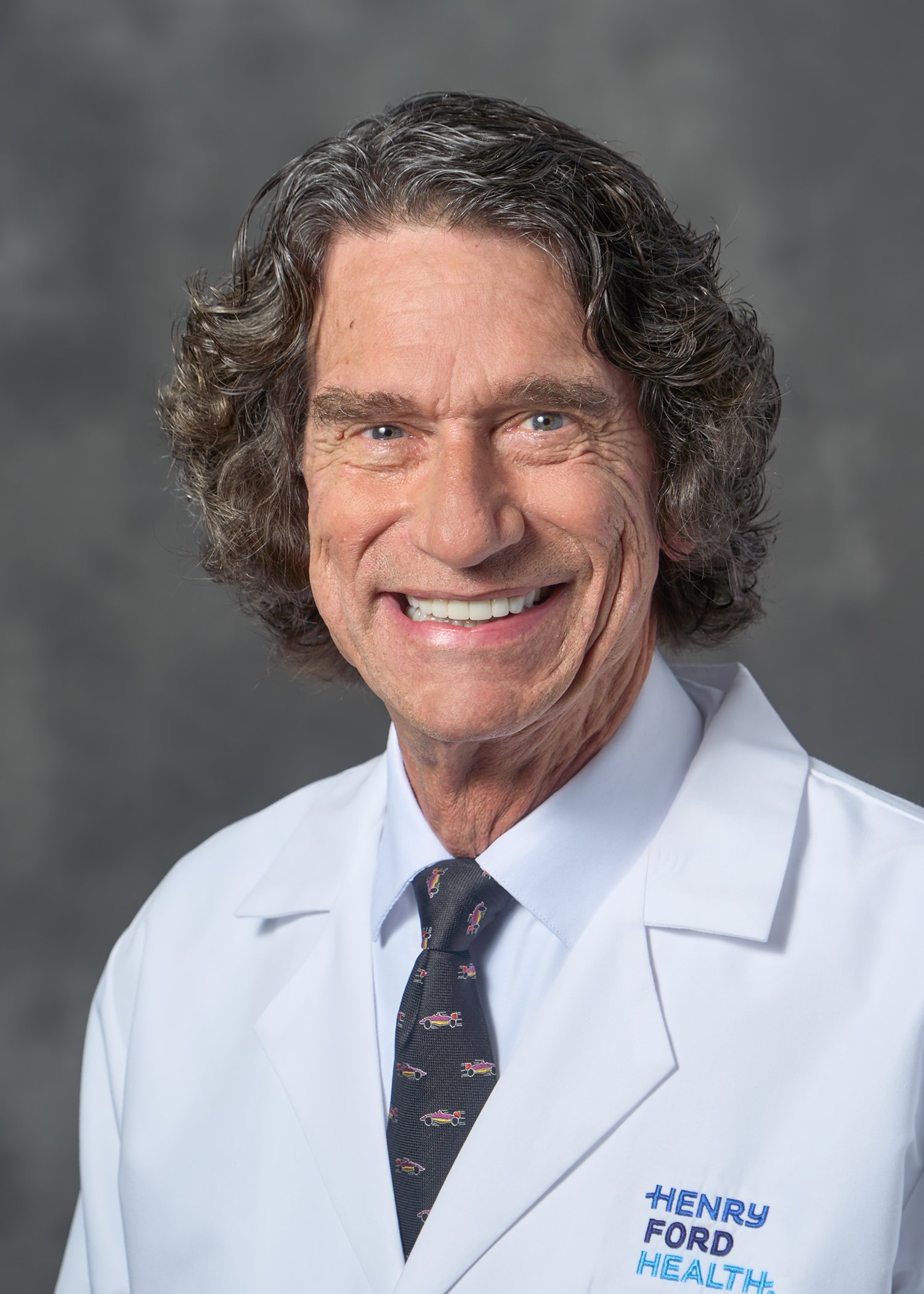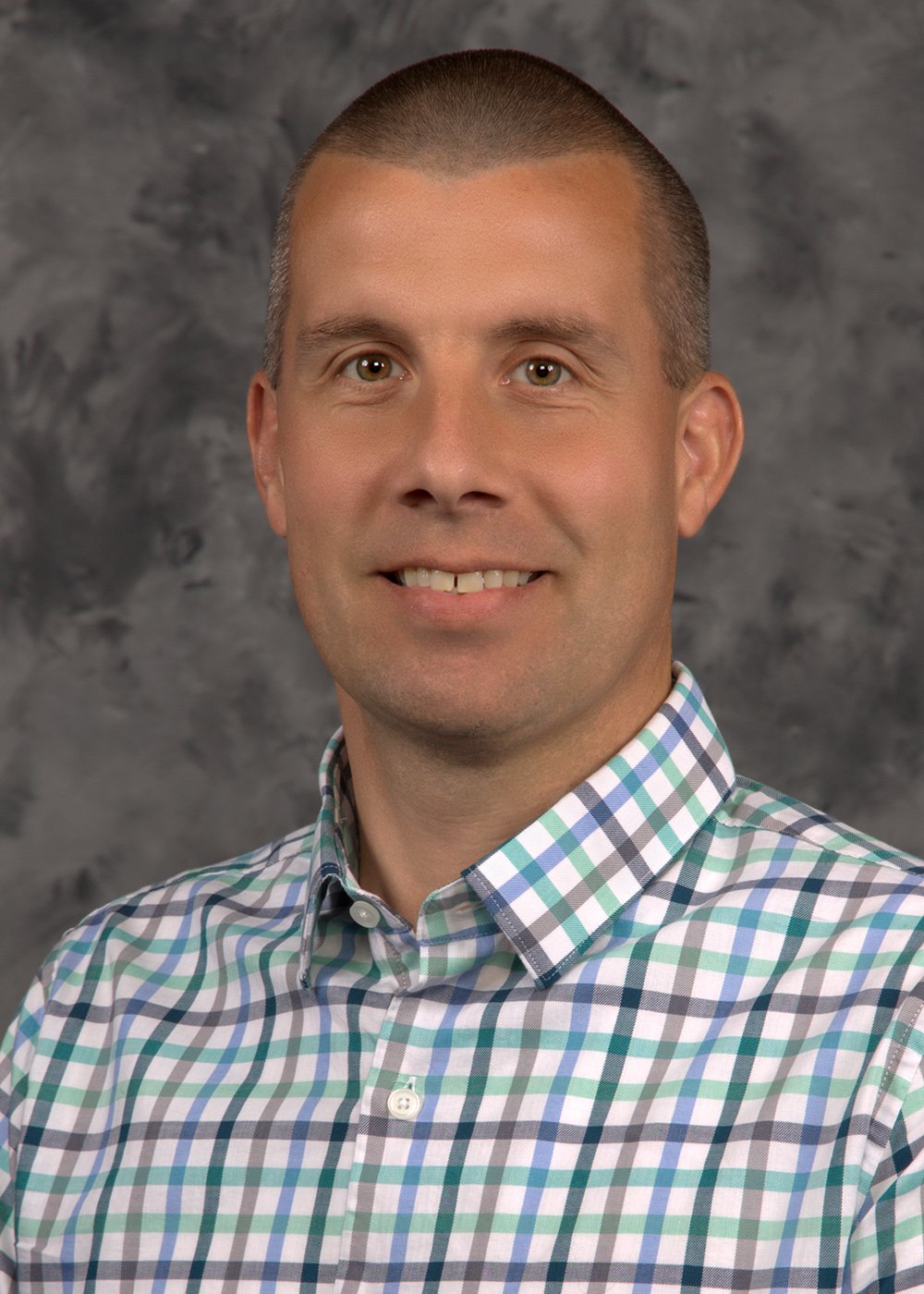
CHARM
Child Health Advances from Research with Mothers


Jean Kerver, PhD, MSC, RD
Michigan State University Contact PI
Jean Kerver is an epidemiologist and a registered dietitian who works to uncover perinatal causes of childhood disorders and also find effective ways to promote healthy lifestyle behaviors for families living in poverty or facing other challenges. Dr. Kerver’s position is based in Traverse City, as part of an effort by MSU’s College of Human Medicine to establish a rural research network.
It is known that early life nutrition, including pregnancy diet and infant feeding, is critical for brain development, yet the impact of the suboptimal micronutrient status of the US population is unknown. Dr. Kerver is excited about the potential of the ECHO program to discover ways to prevent neurodevelopmental disorders as well as other ECHO outcomes including asthma, allergies, and obesity.

Nigel Paneth, MD, MPH
Michigan State University PI
Nigel Paneth is a pediatrician and perinatal and child health epidemiologist with a particular interest in the causes and prevention of childhood neurodevelopmental handicap, especially cerebral palsy (CP). Although Dr. Paneth retired in May 2021 from his full-time faculty position, he remains active in our department as a part-time faculty member, mentoring students and post-doctoral fellows who are completing their work, and occasionally lecturing in departmental courses. His research effort is supported by his involvement as co-principal investigator on the ECHO study and serves as sub-contract principal investigator on two other NIH initiatives.

Dr. Charles Barone, MD FAAP
Henry Ford Health PI
Dr. Charles Barone is a Pediatrician and Chair Emeritus for the Henry Ford Medical Group Department of Pediatrics. He is a Clinical Associate Professor of Pediatrics, Michigan State University College of Human Medicine.
Dr. Barone is focused on investigating the origins and mitigators of childhood allergic conditions within the ECHO framework. Additionally, he aims to define and advocate for positive pediatric health, as well as to recruit, involve, and maintain ECHO participants and their families. Moreover, he is developing and delivering significant and practical study outcomes and findings to both participating families and the broader public.

Michael Elliot, PhD
University of Michigan PI
Michael Elliott is a biostatistician and survey methodologist at the University of Michigan School of Public Health and the Institute for Social Research. His research focuses on improving design and analyses of sample surveys, dealing with missing data and data collected over time from the same individuals, and moving from measures of association to being able to make causal statements using statistical methods. He has worked extensively with pediatricians and pediatric epidemiologists in topics ranging from passenger vehicle safety to childhood obesity, in addition to the CHARM study itself.

Chris Fussman, MS
Michigan Health and Human Services PI
Chris Fussman is trained as an epidemiologist for the Michigan Department of Health and Human Services (MDHHS) where he works as the Maternal and Child Health Epidemiology Section Manager. In this role, Mr. Fussman oversees and conducts advanced-level epidemiologic work by managing methods of collecting, analyzing, and disseminating data related to the leading causes of morbidity and mortality among infants, children, and women of reproductive age.
Specific to the ECHO program, Mr. Fussman offers insight into state and local data that are collected at our ECHO cohort locations and supervises the vital data transfer from MDHHS to ECHO. Mr. Fussman is interested in using ECHO program data as a tool for identifying emerging maternal and child health issues of statewide relevance.

Douglas Ruden, PhD
Wayne State University PI
Douglas Ruden is a Professor in the Department of Obstetrics and Gynecology, the Director of Epigenomics, and the Exposures Signatures Core Director in the NIEHS P30 Center at Wayne State University. He is interested in how maternal exposures to environmental chemicals such as heavy metals, PFAS, and phthalates affect the epigenome and health outcomes of the children. He is also interested in studying mechanisms for multigenerational transmission of epigenetic and epitranscriptomic changes induced by parental exposures to environmental toxicants through both the male and female germlines.